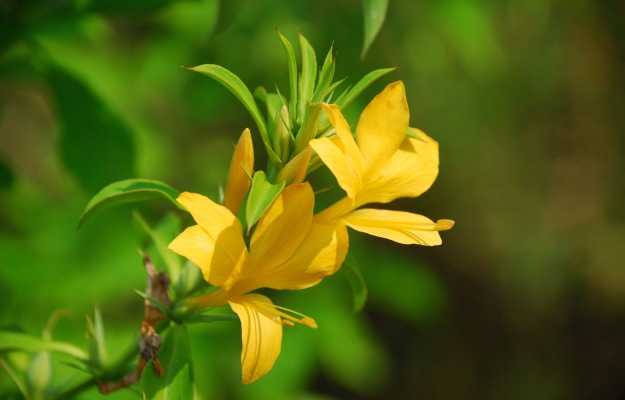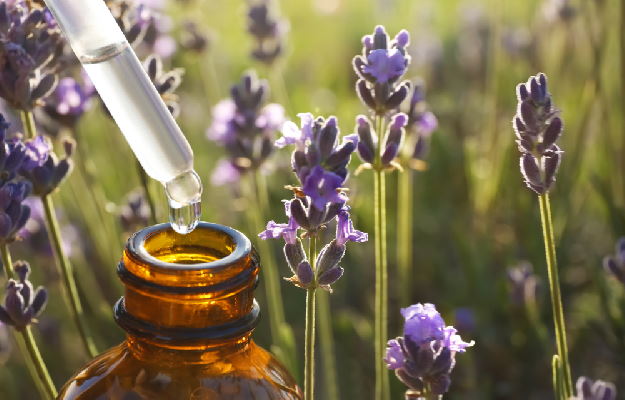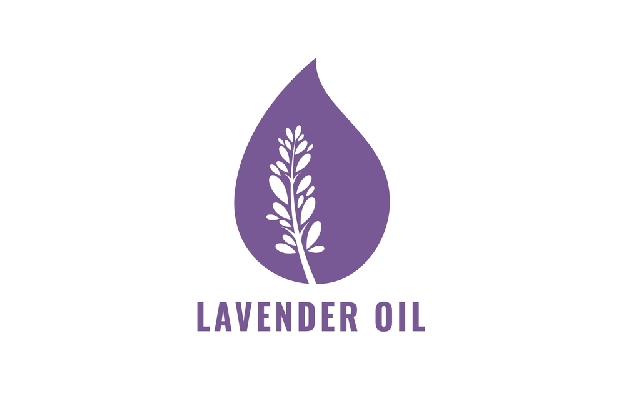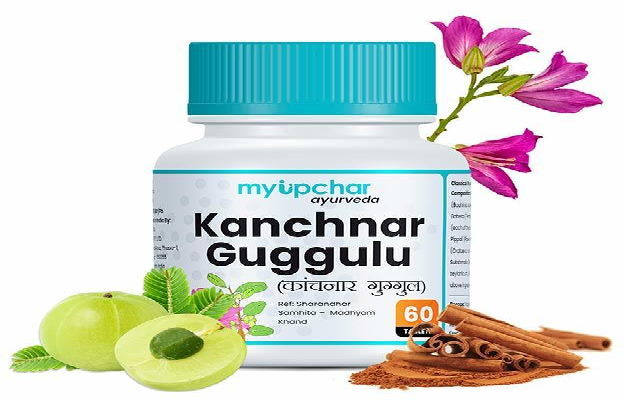No conversation on Ayurveda and Ayurvedic remedies is complete without an in-depth discussion on Vajradanti, a perennial plant that is well known for its potential to improve the health of our teeth and gums.
Vajradanti is the common name for Barleria prionitis. The shrub is native to the subtropical regions of Asia and East Africa. However, today, it is largely cultivated as a hedge plant in the hotter parts of the country.
In addition to Ayurveda, Vajradanti is also popularly used in traditional medicine systems like Siddha and folk medicine.
Basic information about vajradanti
Vajradanti has a bitter, astringent taste. Other information regarding it is as follows:
- Botanical name: Barleria prionitis
- Sanskrit name: Saireyaka, Sahacara
- Common name: Vajradanti, Katsareya (Hindi), porcupine flower, yellow hedge Barleria, Pilikantashelio (Gujarati), Mullu Goranti (Kannada), Shemmuli (Malayalam), Govindam, Kaattu kanagaambaram, Kundan (Tamil)
- Family: Acanthaceae
- Native region and geographical distribution: South-East Asia, parts of China and Africa
- Parts used: Leaf, root, bark, flower
- Properties: Said to pacify Kapha and Vata “doshas”. According to Ayurveda, humans are made of and controlled by natural elements like water and earth (Kapha dosha) and ether and air (Vata dosha).
The name Vajradanti is made up of two words; vajar which means diamond and danti which roughly translates to teeth. It literally means a herb that makes the teeth as strong as diamonds. Vajradanti is often listed as a component in herbal toothpastes.
Additionally, Vajradanti has been deemed useful in addressing health problems like joint inflammation. According to a write-up in The Ayurvedic Pharmacopoeia of India Part-I, Volume III (brought out by the Department of Indian medicine and homoeopathy—now the AYUSH ministry), Vajradanti contains phytochemicals and minerals like alkaloids, β-sitosterol and potassium. Continue reading to find out more about Vajradanti, its benefits, dosage and side effects.
























